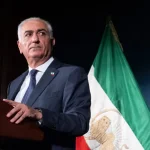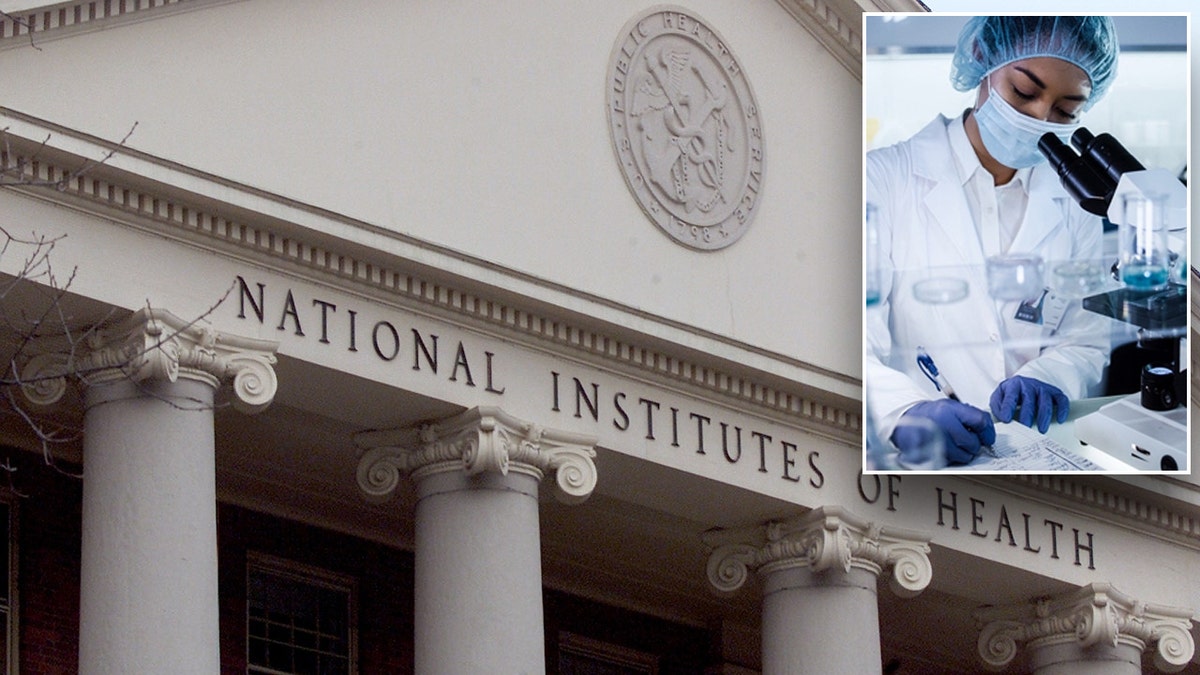
The Trump administration’s decision to slash overhead costs linked to federally funded research has sparked an immense backlash. But some doctors are praising the move, suggesting it will help “optimize” how taxpayer dollars are used when it comes to scientific research.
A new rule from the Trump administration that went into effect Monday, capped facilities and administrative costs, also known as “indirect costs,” at 15% for federally funded research grants provided by the National Institutes of Health (NIH). When a grant is awarded to a scientist by the NIH, an additional percentage, on top of the allocated research funding, goes to the facility housing their work to cover these “indirect costs.”
According to an announcement about the new funding cap from the Trump administration, that percentage has historically been around 27% to 28% for each grant. But in some cases, negotiated rates can be as high as 70 to 90%, according to doctors who spoke with Fox News Digital.
UNIVERSITY PROFESSOR HAILS THAT SCIENCE ‘THRIVED’ UNDER HITLER IN ATTACK ON TRUMP’S NIH CUTS
“If that money is cut to 15%, what that means is there’s actually going to be more grants given out to do science. You get more money back to the NIH to give out more science,” said Dr. Vinay Prasad, a hematologist-oncologist and professor in the Department of Epidemiology and Biostatistics at the University of California, San Francisco.
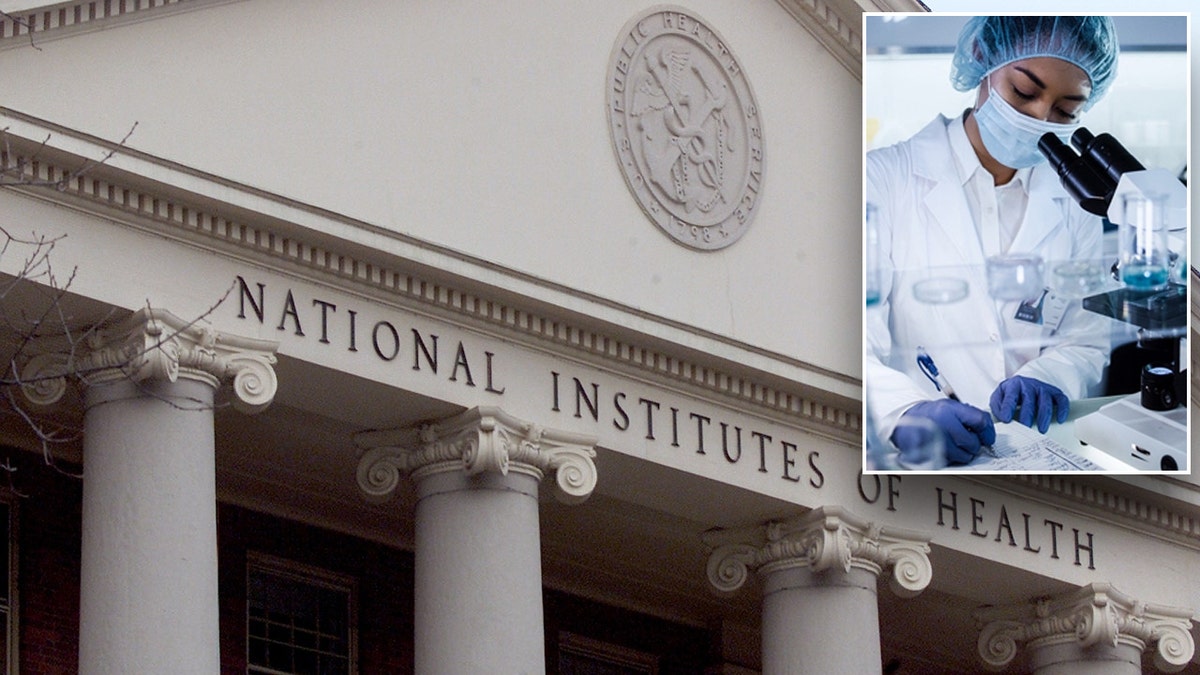
(Fox News)
“It’s about time,” said Dr. Erika Schwartz, the founder of Evolved Science, which is a concierge medical practice in New York City with more than 1,500 active patients.
“While infrastructure support is necessary, there’s room for more efficient cost management. A reformed funding model could redirect more resources to direct research activities while maintaining essential support services. This could potentially increase the number of funded research projects and accelerate medical breakthroughs, ultimately benefiting patients more directly.”
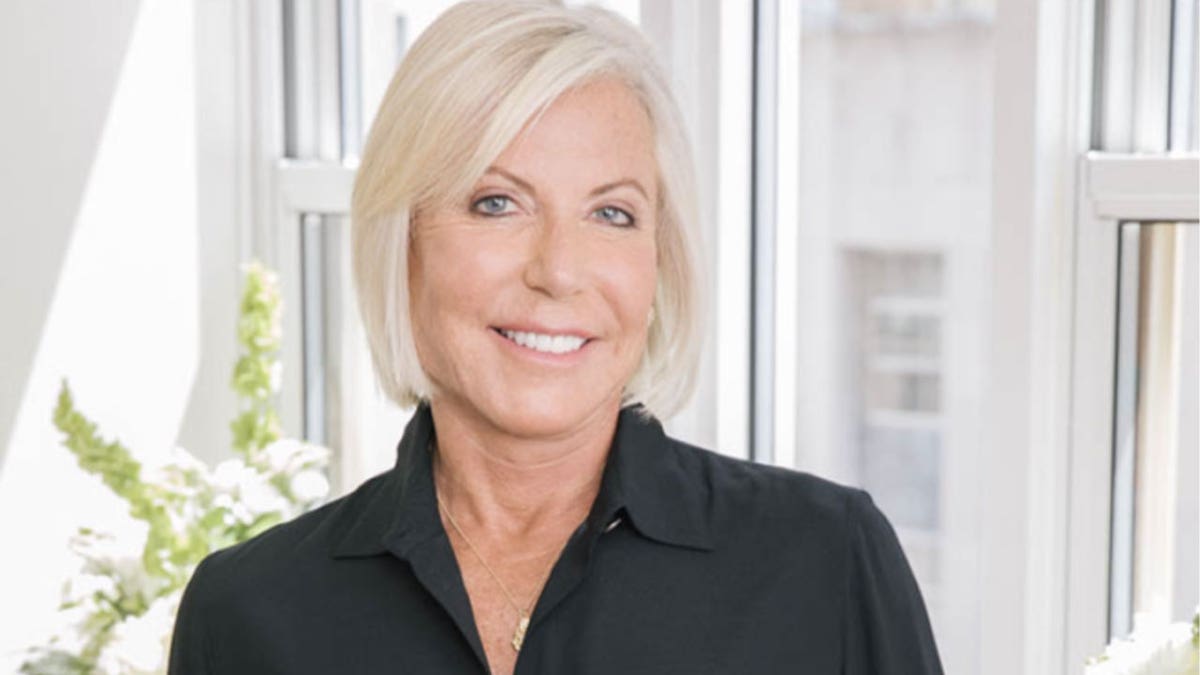
Dr. Erika Schwartz is the founder of a New York City-based practice, Evolved Science, which utilizes new therapies to improve patient results.
Prasad posited that universities and research institutions have negotiated “sweetheart deals” that allow them to rake in funds that sometimes aren’t even necessary to the research at hand. To demonstrate his point, he explained the numbers for a research institution that has negotiated a 57% rate for indirect costs:
“Let’s say I get $100,000 [for a research project] and I need a laboratory… I get $100,000, and then they still get the $57,000 to the university that goes to the administrators, and presumably the fact that I have a lab bench, and the lights, etc. But now let’s say I do the same $100,000 project, but my project is we’re going to analyze genomic sequences from an online repository. So, I just have a laptop… but they still get the $57,000 even though there’s literally no space being given to this person. There’s no bench, there’s no desk, there’s nothing.”
Prasad added that another “fundamental problem” with these negotiated rates is that the money is not formally budgeted, so “the American people don’t know where that money is going.”
DOGE CANCELS FUNDING FOR FAUCI MUSEUM EXHIBIT
“A famous researcher once said to me, an NIH dollar is more valuable than any other dollar because they can use it for whatever purpose they want. Although, nominally, they’re supposed to use it to keep the lights on and, you know, make the buildings run, but that’s not always the case,” he said.
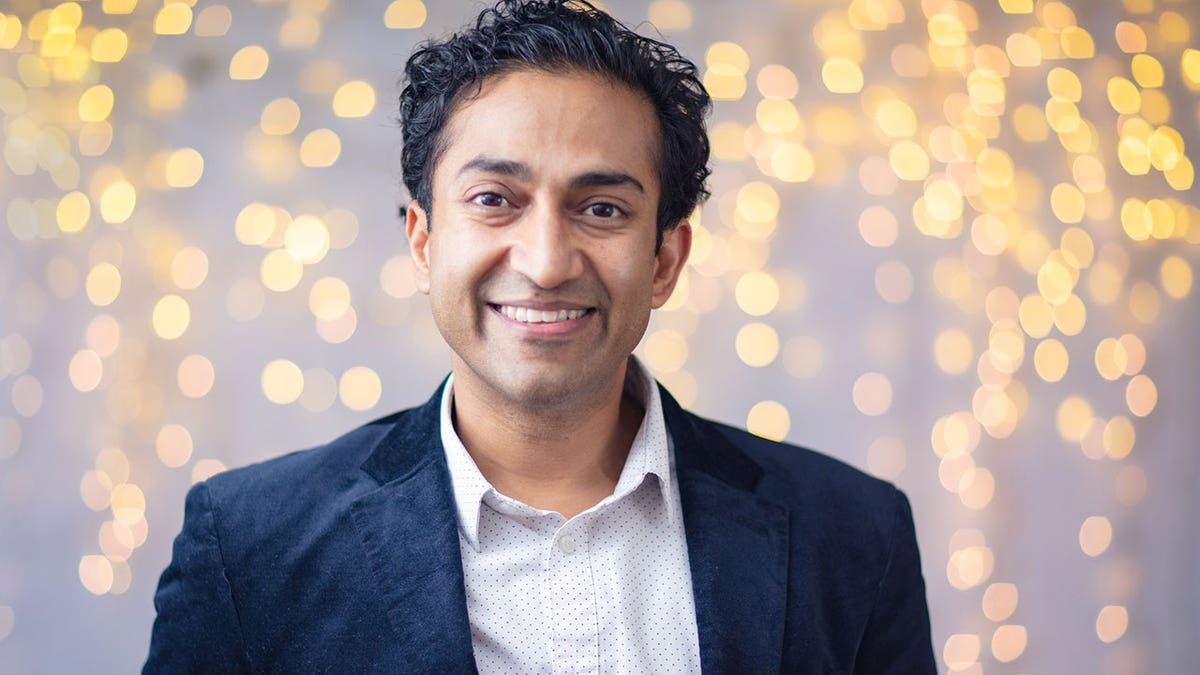
Dr. Vinay Prasad is a hematologist-oncologist and professor in the Department of Epidemiology and Biostatistics at the University of California, San Francisco.








